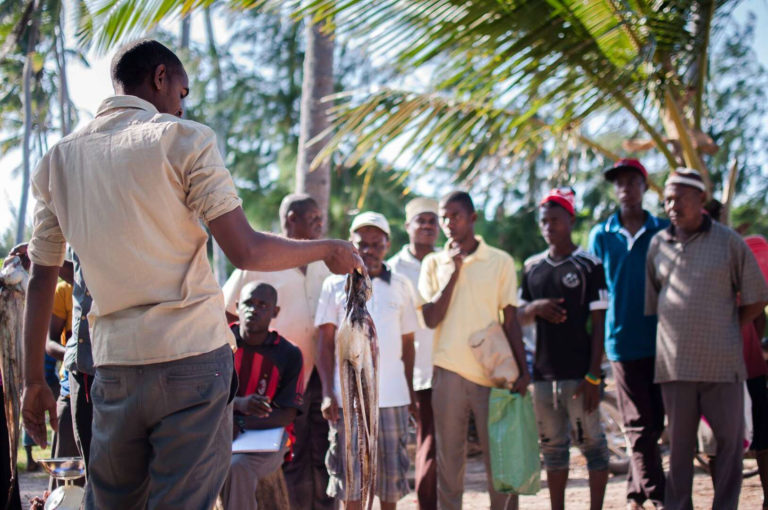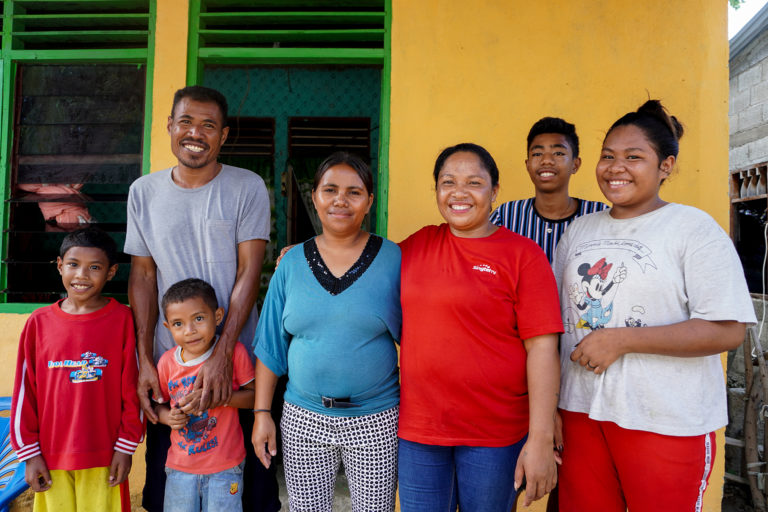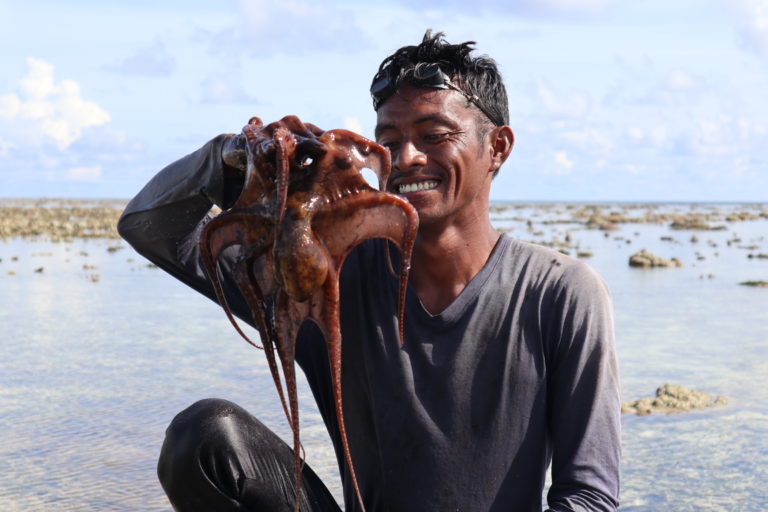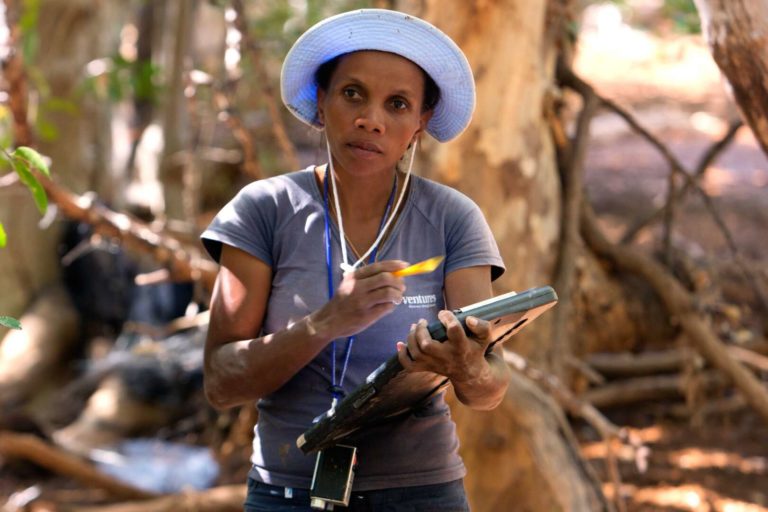Hooked
February 2021
New opportunities to transform conservation
The last year has tested the resilience of our teams like never before, all the while creating new opportunities for transformative change in marine conservation.
As we look forward to this year’s global conversations around the climate and ecological emergencies, we see new opportunities providing optimism for our oceans. COP26 and CBD15 will set the policy agenda for ocean conservation for the coming decade. We’ll be doing all we can to make sure the perspectives and interests of the largest group of ocean users − the unsung heroes of marine conservation – are prioritised. As the world reflected on tackling social injustice over the weekend, an issue inextricably linked to COVID-19 and climate breakdown, we urge others to put those hit worst first.
Often marginalised from decision making, traditional fishers are seldom able to shape regulations governing the oceans they depend on. In this pivotal year for our planet, we are more committed than ever to celebrating the ability of small-scale fishers to reshape humanity’s relationship with our oceans.
Explore this new edition of Hooked for updates on our community-led conservation mission.
In this edition of Hooked:
Don't miss
Catch of the day
East Africa
Bringing together leaders working on the frontlines of marine conservation across six countries in East Africa and the western Indian Ocean, the African Marine Conservation Leadership Programme is nearing the end of the first year of support for its inaugural cohort.
The brilliant conservation leaders participating in this first year − from 17 organisations − represent some of the continent’s most dynamic and impactful marine conservation organisations. Despite the challenges of adapting the programme to an online format, the leaders have formed a flourishing network, providing a safe space to share their experiences and draw from each other’s strengths.
What to read:

"There is not one single template for who or what a leader should be or look like. Anyone can be a good leader, and what makes us different is often what will make us unique and a great leader, as long as we understand our strengths and those of our team.”
– Joana Trinade
Sea Sense, Tanzania
Timor - Leste
In just three months, the coastal community of Beto Tasi has established an ambitious new community-led homestay group – and with it 10 new homestay entrepreneurs. Following a series of community consultations with Blue Ventures’ team in Timor-Leste, the Beto Tasi homestay owners joined the Atauro Homestay Association to learn about what makes a successful homestay and how protecting their local marine ecosystems can attract tourism, helping strengthen community resilience.
What to read:

“With this learning exchange, although it is a small step, I believe that it will one day create a new generation that considers the interests of wider society, whether that’s community development or marine conservation.”
– Dedy Martins
Conservation Coordinator, Blue Ventures, Timor-Leste
In our net(work)
Indonesia
Meet Forum Kahedupa Toudani (FORKANI), a community-based organisation based on Kaledupa Island in Southeast Sulawesi. FORKANI builds the capacity of community groups, empowering small-scale fishing communities to sustainably manage their natural marine resources. This dynamic local organisation supported fishing communities to pilot Indonesia’s first temporary octopus fishery closure in 2018, and has since gone on to support communities to replicate the model elsewhere in the Wakatobi archipelago.
FORKANI recently took part in a learning exchange with fellow Indonesian community conservation organisation, Japesda. Two communities shared their experiences of the benefits of temporary fishery closures as a catalyst for building community engagement in marine conservation. Blue Ventures, in partnership with Yayasan Pesisir Lestari, has been working closely with FORKANI and Japesda as part of a growing network of local organisations supporting community conservation efforts across Indonesia
What to read:

“We started by working with the community to ignite their curiosity and to help them gain a better understanding of their octopus fisheries”
– Mursiati, FORKANI
From the shore
Madagascar
Meet Lalao Aigrette, Blue Ventures’ technical advisor for mangrove conservation in Madagascar. Her work involves promoting, supporting and strengthening community-led mangrove conservation to safeguard these blue forests and the livelihoods they support.
Lalao’s contributions to conservation efforts, including her involvement in the implementation of Tahiry Honko, have recently been recognised as she joins the first Women for the Environment – Africa (WE Africa) 2021 leadership cohort, an initiative which celebrates women at the heart of the African environmental movement.
What to read:

“Conservation is for everyone regardless of gender or age, and raising the voices of women in conservation is crucial to delivering lasting impact”
– Lalao Aigrette
National Technical Advisor for Mangroves, Blue Ventures
What we're watching
Action for the ocean
Explore the previous edition of Hooked and in case you missed it, our 2020 Year in Review.
















